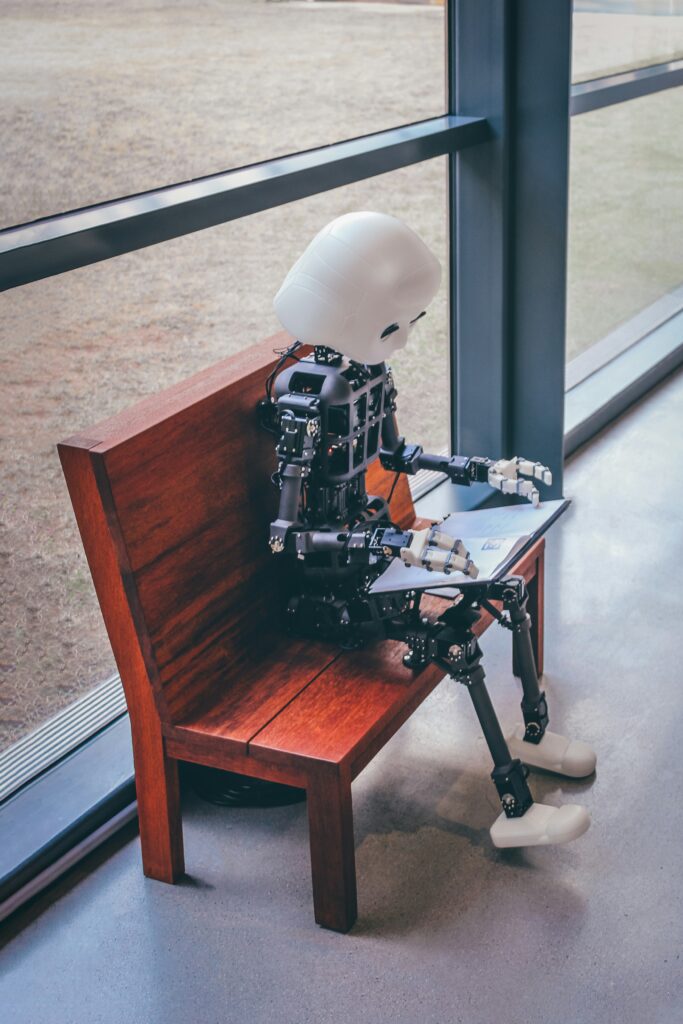The past year has marked an unprecedented acceleration in the adoption and capabilities of AI-powered tools designed specifically for developers. What began as intelligent auto-completion has rapidly evolved into sophisticated systems capable of generating entire functions, debugging code, and even translating legacy codebases into modern languages. Major players like Microsoft, Google, and OpenAI are pouring resources into this sector, exemplified by the rapid advancements in tools such as GitHub Copilot X, Google’s Codey, and various AI-integrated IDEs. These tools are democratizing coding, allowing individuals with less specialized knowledge to contribute to complex projects and significantly boosting the productivity of seasoned engineers. For instance, GitHub reported in 2023 that developers using Copilot were able to complete tasks 55% faster, highlighting a profound impact on development cycles and time-to-market.
Recent research underscores the transformative potential of these technologies. According to a Gartner report from late 2023, by 2027, generative AI will be a top five investment priority for more than 70% of software engineering organizations. This projection signifies not just an interest but a strategic commitment to leveraging AI to gain competitive advantage. Furthermore, studies by companies like McKinsey suggest that generative AI could add trillions of dollars in value annually across various industries, with software development being a primary beneficiary through reduced development costs and accelerated innovation. The data consistently points towards a future where AI isn’t just an assistant but an integral partner in every stage of software creation, from initial design to deployment and maintenance.
The implications of generative AI in software development ripple across the entire industry and society. For businesses, this means faster innovation cycles, lower operational costs, and the ability to respond to market demands with unprecedented agility. Startups can now prototype and launch products with fewer resources, leveling the playing field against larger incumbents. For the workforce, while concerns about job displacement persist, the prevailing view among experts is that AI will augment, rather than replace, human developers. Roles may shift towards more high-level architectural design, ethical considerations, prompt engineering, and critical code review, allowing developers to focus on creativity and complex problem-solving. This shift also necessitates a focus on upskilling and reskilling the existing workforce to effectively collaborate with AI tools, ensuring a smoother transition into the new era of intelligent software engineering.
Looking ahead, the evolution of Large Language Models (LLMs) and their integration into development environments is expected to become even more seamless and powerful. Industry pundits predict a future where AI systems can autonomously identify bugs, suggest performance optimizations, and even self-heal code in production environments. The concept of ‘AI agents’ capable of understanding complex user stories and generating complete application modules from scratch is no longer science fiction but a rapidly approaching reality. Experts like Andrew Ng often emphasize that while AI can handle the repetitive and boilerplate tasks, human ingenuity remains crucial for defining vision, ensuring ethical deployment, and crafting truly innovative solutions that resonate with users. The synergy between human creativity and AI’s processing power will define the next generation of applications, making them more robust, intelligent, and tailored to human needs.
As these tools become more sophisticated, they will challenge traditional software engineering methodologies, pushing organizations to adopt more agile and AI-driven workflows. The ethical considerations around AI-generated code, including intellectual property, security vulnerabilities introduced by AI, and potential biases, will also take center stage, requiring robust governance frameworks. Ultimately, the future of software development with AI is not about replacing human ingenuity but amplifying it, leading to a new era of unprecedented innovation and efficiency in creating the digital world around us.

